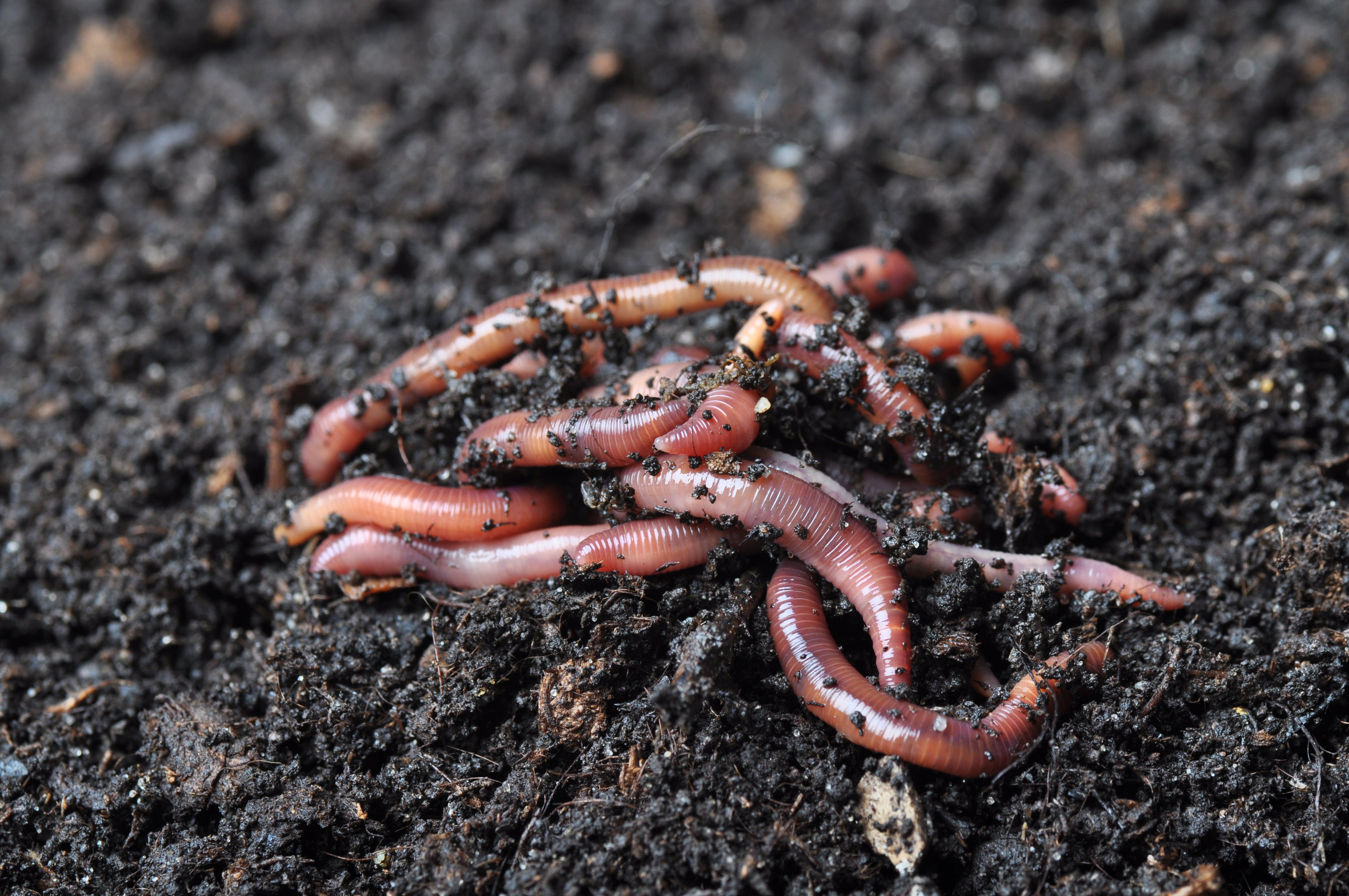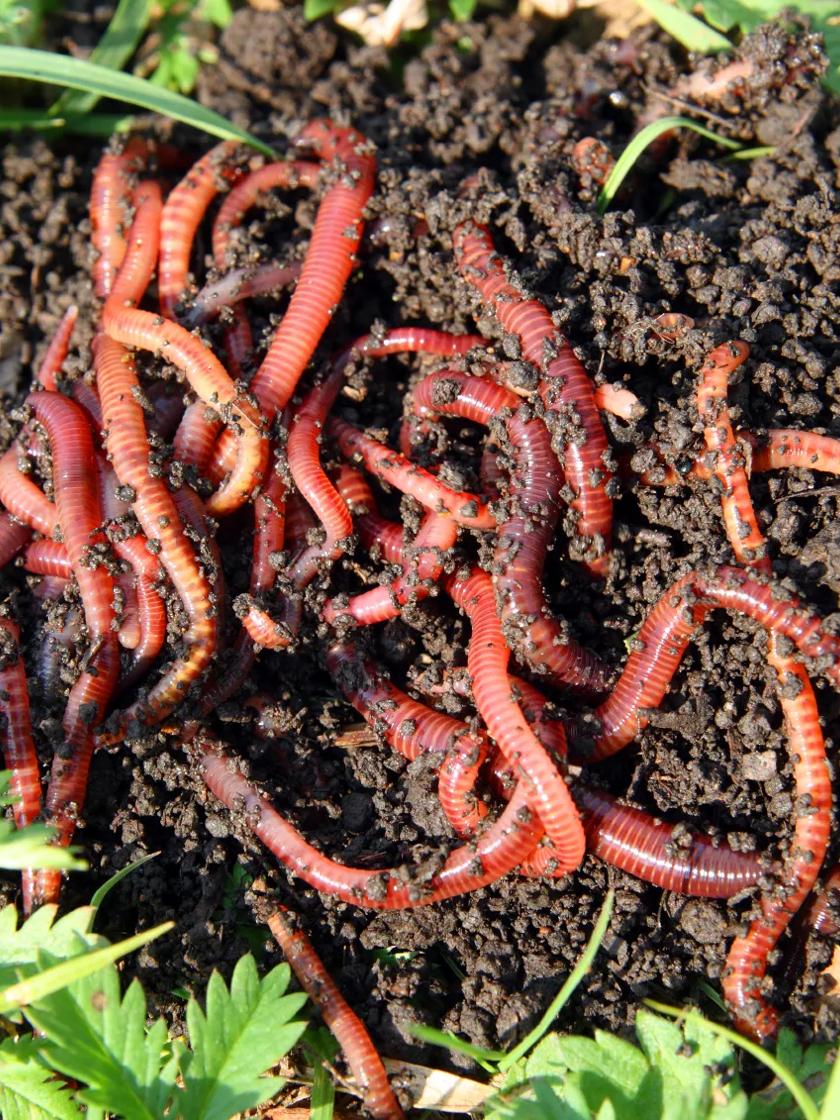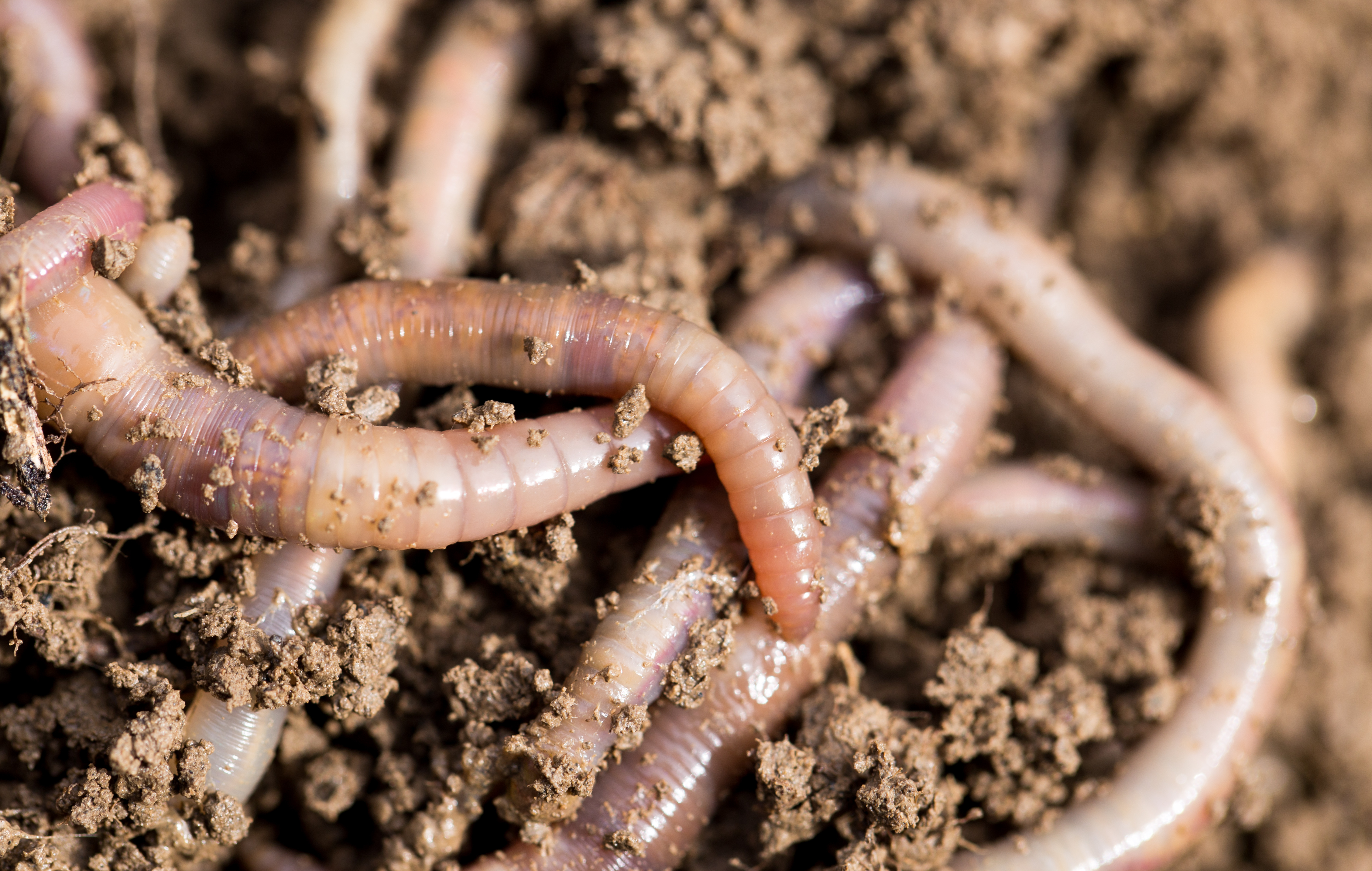Red Wiggler Worms - Effective Decomposers for Your Garden Compost Bin
Red Wiggler Worms - Effective Decomposers for Your Garden Compost Bin
Blog Article
Red Wiggler Worms Demystified: Unlocking the Secrets of Vermiculture for Greener Living and Nutrient-Rich Dirt
In the realm of lasting methods for enhancing dirt quality and promoting eco-conscious living, red wiggler worms play an essential yet usually ignored role. These modest creatures possess the amazing ability to transform organic waste into nutrient-rich castings that work as a powerful all-natural plant food. By diving right into the world of vermiculture, one can uncover a variety of advantages that prolong much past traditional composting methods. Understanding the intricacies of taking care of these worms, maximizing their setting, and harnessing their spreadings can cause a greener way of living and much healthier dirt for plants to grow.
The Role of Red Wiggler Worms
Red Wiggler worms play a crucial function in composting systems by successfully breaking down natural matter into nutrient-rich spreadings. These starved eaters take in a range of natural materials, such as kitchen area scraps, backyard waste, and paper items. As they feed, the worms' digestive system processes break down the organic issue into a penalty, dark, and nutrient-dense material referred to as worm castings or vermicompost.
The castings generated by Red Wiggler worms are highly valuable for dirt wellness and plant growth. They are rich in essential nutrients like nitrogen, phosphorus, and potassium, which are important for supporting healthy and balanced plant development. Furthermore, worm spreadings have advantageous microorganisms and enzymes that aid enhance soil framework, increase water retention, and boost nutrient uptake by plants.
Advantages of Vermicomposting

It enhances soil framework, enhances dirt oygenation, and increases soil wetness retention. Vermicompost additionally enriches the soil with essential nutrients like potassium, nitrogen, and phosphorus, advertising plant development and general dirt fertility.
In addition, vermicomposting supports sustainable gardening techniques by giving a chemical-free and all-natural option to synthetic fertilizers. Red Wiggler Worms. This environmentally pleasant strategy not just enhances the soil but likewise helps lower reliance on harmful chemicals, promoting a greener and extra sustainable method of gardening
Establishing a Worm Container
When establishing a worm bin for vermicomposting, proper arrangement is critical to ensure the success of the composting procedure. The first step in setting up a worm bin is picking an appropriate container.
After including the bed linens, introduce the red wiggler worms to the container. The worms must after that be given with food scraps such as fruit and veggie peels, coffee premises, and eggshells.
Routinely monitor the dampness levels and temperature level in the worm container to make certain optimal problems for the worms. With appropriate setup and maintenance, the worm bin will properly convert organic waste right into nutrient-rich garden compost for your plants and garden.
Gathering Worm Spreadings
To efficiently gather nutrient-rich worm castings from your vermicomposting system, a systematic harvesting approach is essential. There are a couple of key actions to comply with to guarantee an effective process when it comes time to gather the worm castings. Stop adding fresh food Website scraps to one side of the worm bin for a pair of weeks prior to harvesting. This motivates the worms to migrate sideways with fresh bedding and food, making it simpler to scoop out the castings from the other side.

Troubleshooting Common Issues
Determining and dealing with typical challenges that may emerge during the vermicomposting process is crucial for preserving a healthy and efficient worm container. Adding excess food scraps can lead to a buildup of moisture and acidity in the worm bin, potentially damaging the worms. Another concern is undesirable smells emanating from the worm container.
Furthermore, if the worm populace is declining or the worms show up unhealthy, it could be as a result of environmental stress factors such as severe temperature levels or pH degrees. Keeping an eye on these elements and making necessary adjustments is vital for the health of the worms. By troubleshooting these usual issues immediately, vermicomposters can ensure a successful and smooth vermicomposting process while keeping a flourishing worm population.

Verdict
In final thought, red wiggler worms play an important function in vermiculture by breaking down organic matter into nutrient-rich dirt. Setting up a worm bin is crucial for effective vermiculture, and gathering worm castings provides beneficial garden compost for gardening.
As they feed, the worms' gastrointestinal processes damage down the natural issue into a penalty, dark, and nutrient-dense material understood as worm castings or vermicompost.
The spreadings produced by Red Wiggler worms article source are extremely beneficial for dirt health and plant development. Adding excess food scraps can lead to a buildup of dampness and level of acidity in the worm bin, possibly damaging the worms.Furthermore, if the worm population is Extra resources declining or the worms show up unhealthy, it could be due to environmental stress factors such as extreme temperature levels or pH levels. Setting up a worm container is vital for successful vermiculture, and collecting worm spreadings provides important garden compost for horticulture.
Report this page